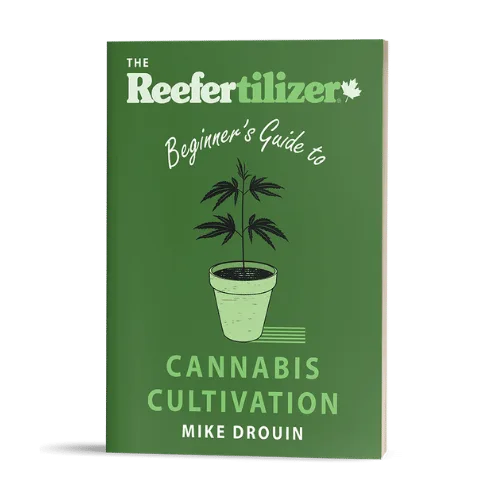Cannabis has been used as a sleep aid for ages, by recreational and medical users alike. It doesn’t seem to interrupt sleep (at least not in the same way alcohol does) and helps lots of people fight insomnia. However, some users report uncomfortable periods of intense, vivid dreams when they stop cannabis use, and report that they don’t dream at all when they use cannabis regularly. We need to dream in order to sleep well, don’t we? Is this a problem? What is cannabis doing to our dreams? Let’s get into it.

The Stages of Sleep
Before we can understand how cannabis affects our dreams, we need to know some of the basics about sleep. Human sleep has four phases:
- NREM (Non-Rapid Eye Movement) Stage 1 – the transition period between wakefulness and sleep.
- NREM Stage 2 – a light sleep where awareness of your surroundings fades.
- NREM Stage 3 – the deepest stage of sleep. Muscles relax, breathing slows, and blood pressure drops.
- REM (Rapid Eye Movement) – this stage is short, but the brain is most active during this stage. The body experiences a sort of paralysis, where the sleeper can’t do anything except breathe and move their eyes. This is probably so that we don’t act out our dreams, injuring ourselves or others in our sleep.
You may have heard that we only dream during REM sleep, but that’s not entirely accurate. Really, approximately 80% of your dreams happen during REM sleep. These are typically your more memorable, bizarre, intense dreams. NREM dreams are more likely to involve everyday things.
Dreams help us sort through the things we experience during the day and make sense of them all. During REM sleep, we process the day’s events, anticipate the things that will happen in coming days, and make decisions about our future actions in advance. Cannabis inhibits REM sleep, but extends the amount of time you spend in NREM Stage 3, the stage that is most important for the body to feel rested.

Will Missing REM Sleep Hurt Me?
Despite the many theories about the importance of REM sleep, a lack thereof does not seem to cause any harm. Obviously, it’s not good to miss out on REM sleep – our bodies do it for a reason – but surprisingly, scientists have found that missing REM sleep does not appear to lead to long-term issues. Interestingly, the body cannot continue to function for long without all of the other sleep stages, particularly NREM Stage 3.
While there are no long-term consequences to missing your REM sleep, as far as we know, there may be some short term negatives. For example, a 2016 study using mice as subjects found that ongoing REM deprivation can impair spatial memory. This means that you may be clumsier, or less likely to find things you set down. This state may continue for up to three weeks after you catch up on REM sleep.
In any case, while it isn’t ideal, you can live without REM sleep. This is great news for users who struggle with PTSD, or the 2-8% of the population who suffer sleep-disrupting nightmares: they can enjoy dreamless cannabis sleep without worrying about any significant consequences as a result. For reference, SSRIs are also known to suppress REM sleep, but they are seen as safe and helpful anyway.

Why Does Quitting Cannabis Cause Strange Dreams?
If you go to bed sober after a period of frequent cannabis use, you’ll likely experience strange, intense dreams. This is known as REM rebound, and it is essentially just your body catching up on the REM sleep you missed recently. You may experience more nightmares and more dreams in general. Fortunately, you should be all back to normal in two or three weeks.
Missing out on REM sleep won’t hurt you, but it can slow you down a bit in the short term. Fortunately, if you want to enjoy some cannabis but still make sure to get some REM sleep, you can. Studies have shown that the relationship between cannabis and REM sleep is dose-dependent, so all you need to do is practice moderation: small or moderate doses of cannabis can help you get to sleep without any significant REM suppression.
If you want to learn even more about growing good cannabis, we offer a free 40+ page guide full of images.
Now available on Amazon.
Sign up for our newsletter and download the digital copy today!

This guide will answer many questions about growing cannabis, like the following...
Selecting Seeds
Identify and Correct Problems
Maximize Yield
Much More...
Get a Chance to INSTANTLY WIN a Reefertilizer Nutrient Kit When You Sign Up.
Elijah Petty is a writer in the cannabis industry. He aims to use his platform to help educate people about cannabis and dispel some of the myths and misinformation that surround the plant.
